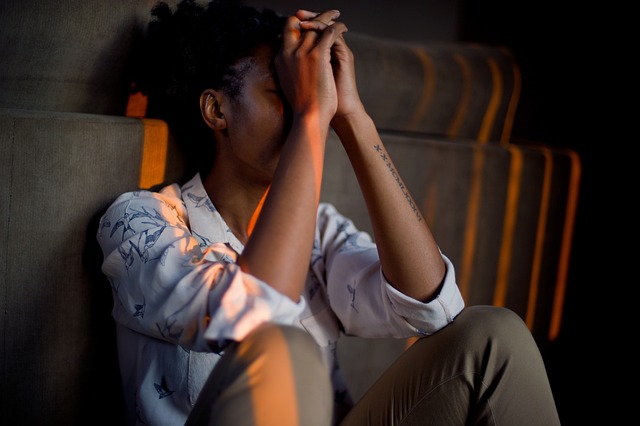Navigating the teenage years can be a turbulent journey filled with exploration, mistakes, and growth. Young people’s choices during this time profoundly shape their futures. When a minor is charged with a crime, it introduces a new set of challenges that can have lasting implications.
The repercussions often extend beyond the courtroom, affecting various aspects of life such as education, employment opportunities, housing options, mental health, and social interactions. Understanding these impacts is crucial for minors and their families facing this daunting reality. Let’s delve into how being charged with a crime alters the landscape for young individuals as they strive to build successful lives despite adversity.
Educational Opportunities
Being charged with a crime can significantly hinder a minor’s educational journey. Schools often view criminal charges as red flags, leading to disciplinary actions such as expulsion or suspension. Even if the student remains enrolled, their focus may shift from academics to navigating legal issues. This distraction can affect grades and participation in extracurricular activities. Additionally, specifica criminal record might make certain programs and scholarships inaccessible. Institutions of higher learning frequently conduct background checks, which could eliminate chances for acceptance. School support systems may also weaken when peers and educators perceive the individual through a lens of judgment rather than potential. This stigma can create an isolating environment that stifles growth and engagement in learning opportunities.
Employment Prospects
Facing a juvenile offence can significantly impact a minor’s employment prospects. Many employers conduct background checks, and even if the record is sealed or expunged, it might still raise concerns during interviews. Young adults often find that specific industries are more forgiving than others. Retail and hospitality jobs may be more accessible than finance or education positions, where strict standards apply. Sometimes, an offence can affect opportunities for internships or apprenticeships that provide valuable experience. Employers tend to favour candidates with clean records. However, many young people turn adversity into strength. They seek out programs to help those with troubled pasts reintegrate into the workforce. Skills training and mentorship initiatives offer pathways to rebuild their professional lives.
Housing Options
For minors charged with crimes, housing options can become limited. Many families find themselves in challenging situations. This often leads to unstable living conditions. Juvenile records might restrict access to specific rental properties or supportive housing programs. Landlords frequently conduct background checks, which can result in denied applications. The stigma attached to a criminal charge complicates the search for safe and affordable places. Additionally, alternatives like group homes or foster care may be considered. These environments aim to provide structure but can also feel isolating or intimidating for young individuals trying to rebuild their lives.

Mental and Emotional Well-being
Being charged with a crime can leave deep emotional scars on minors. The weight of such an experience often leads to anxiety and depression. Many young people feel isolated, with shame and fear about the future.Support systems play a crucial role in their recovery. Therapy or counseling can provide a safe space for expression and healing. This professional guidance helps them process their emotions effectively. Peer relationships may also suffer due to the stigma associated with juvenile offences. Fear of judgment can lead to withdrawal from friends and family, further complicating their mental health journey.
Social Stigma and Relationships
Being charged with a crime can lead to significant social stigma for minors. Friends and peers may distance themselves, fearing associating with someone labelled a delinquent. This added pressure can create feelings of isolation. Many young individuals find it challenging to rebuild their social circles after such experiences. Family dynamics might also shift. Parents and siblings often feel the weight of judgment from others, leading to strained relationships at home. Trust issues frequently arise in new friendships or romantic connections. The fear of being judged based on past actions looms large, making vulnerability difficult.
Conclusion
The impact of juvenile offenses extends far beyond the courtroom. Young individuals who face criminal charges often find their educational paths disrupted. Schools may be less willing to accept them, and they might miss crucial learning opportunities during the legal process. Employment becomes another hurdle for minors charged with crimes. Many employers conduct background checks that could reveal past offenses, making it challenging for these young adults to secure jobs. Housing options are also affected significantly by juvenile offenses. Landlords typically prefer tenants without any criminal history, which narrows down choices for those trying to live independently after facing charges.
Mental and emotional well-being is at risk as well. Being involved with the justice system can lead to anxiety, depression, or feelings of isolation among minors. Social stigma plays a considerable role in shaping relationships too.
